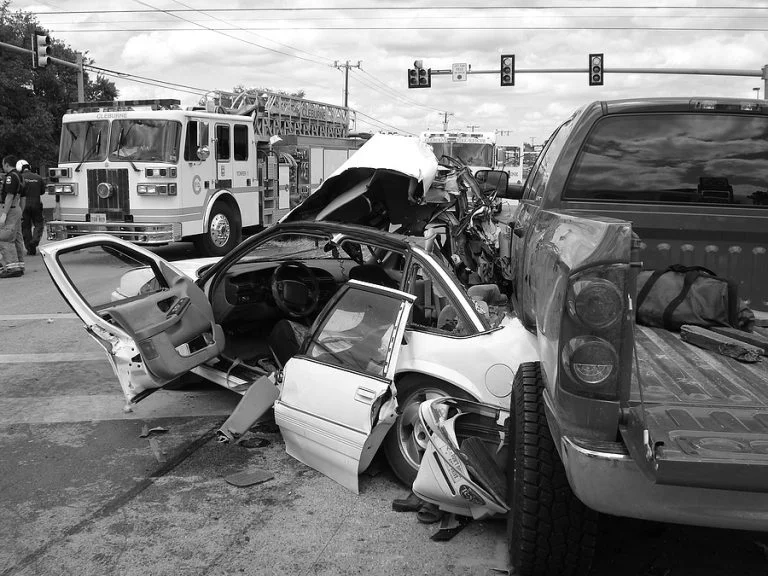How Does Divorce in a Covenant Marriage Work
How Does Divorce In A Covenant Marriage Work Divorce is never easy or pleasant. Aside from the emotional toll that a break-up entails, there are legal matters that need to be considered and fulfilled before a couple can obtain a dissolution of their marriage. Although some divorces can be less complicated than others, divorce proceedings, in general, are filled with complex requirements that require the assistance and guidance of a divorce lawyer. In addition to the complexities of a typical legal divorce, there also exists a type of marriage called covenant marriage in Louisiana. This type of marriage differs from a conventional marriage in that it requires additional provisions when parties to a covenant marriage seek a dissolution of their marriage. Given the necessary complication in a covenant marriage, obtaining the legal representation of a reputable divorce lawyer can provide great value and guidance to any party seeking divorce and is part of a covenant marriage. What Is A Covenant Marriage? In Louisiana, Revised Statutes Title 9 §272 defines covenant marriage as “a marriage that is intentionally entered into by a male and female individual who both understood and agreed to hold themselves married in a lifelong relationship.” A covenant marriage is not very common in Louisiana, even though the law recognizes it. The Louisiana legislature developed this type of marriage to encourage couples to seek counseling when issues in their marriage arise and require such counseling before a couple can obtain a divorce or legal separation from each other. How Do You Enter A Covenant Marriage? As noted above, a covenant marriage is entered by male and female individuals who agree and understand to consider themselves married to each other in a lifelong relationship. In order to enter a covenant marriage, a couple must first receive counseling emphasizing the nature and the purposes of the marriage they are entering into and the responsibilities of being married. Secondly, the couple must enter into a covenant marriage contract by declaring their intent on their application for a marriage license and executing a declaration of intent to enter into a covenant marriage. The marriage license and the declaration of intention must then be filed with the official who issued the marriage license. Can Parties To A Covenant Marriage Get Divorced? Yes, they can. However, couples in a covenant marriage typically have a more challenging time getting a divorce than their conventional marriage counterparts since additional provisions are only applicable to the dissolution of this type of marriage. What Is Required From A Couple In A Covenant Marriage To Obtain Divorce? The provisions that covenant marriage couples must both satisfy before they can obtain a dissolution of marriage are as follows: The couple must legally agree to seek marital counseling if issues develop during their marriage; and The couple is limited to the following grounds for divorce or legal separation: Adultery by one of the parties; Sexual or physical abuse of one of the parties or a child of either party; Abandonment by the other spouse for at least one year; Commission of a felony by one of the parties that receive a sentence of imprisonment at hard labor or death; or Parties have lived separate and apart from each other for at least two years, or if the parties are judicially or legally separated, and have lived separate and apart from each other since the legal separation for either one of the following: At least one year and six months if there is a minor child/children of the marriage; At least one year if the separation was granted due to an abuse of a child of either party; or At least one year of separation if not based on any abuse. What Are The Differences Between A Couple In A Covenant Marriage Obtaining Divorce From A Traditional Married Couple? In a covenant marriage, the couple is required to fulfill both requirements before they can be granted divorce: 1.) That the couple had sought marital counseling during their marriage when a marital issue arose, and 2.) The couple must allege or base their petition on the dissolution of their marriage or legal separation on the limited grounds listed above. Whereas couples who are in traditional marriages, specifically for those filing a 103 Divorce basis, only need one of the parties to file for divorce based on the following grounds: Adultery by one or both of the parties; Sexual or physical abuse of one of the parties or a child of either party; The couple have lived separate and apart from each other for at least two years; Commission of a felony by one of the parties, and that the said party receive a sentence of imprisonment at hard labor or death; or One of the parties commits habitual intemperance, whether it is alcohol or drug abuse, cruel treatment, or severe mistreatment of the other party. Being a party to a covenant marriage presents some obstacles in obtaining a dissolution of marriage. Thus, it is crucial to consult and seek the assistance of a knowledgeable divorce lawyer to explain the law and assist you in satisfying the requirements needed to obtain a divorce, given your marital situation. Through the guidance of a well-versed lawyer, a couple in a covenant marriage could successfully file for divorce in a seamless manner within the requirements of the law. If you or a loved one is a party to a divorce or contemplating divorce, you need a dependable family lawyer well-versed in divorce law on your side. Our highly experienced family and divorce lawyers are here to guide and help you in your case. Please call us at (225) 963-9638, or you can click here to contact us about a consultation. Our dependable divorce lawyers can help you assess your situation, represent your interests, and answer any concerns you may have regarding your lawsuit.




